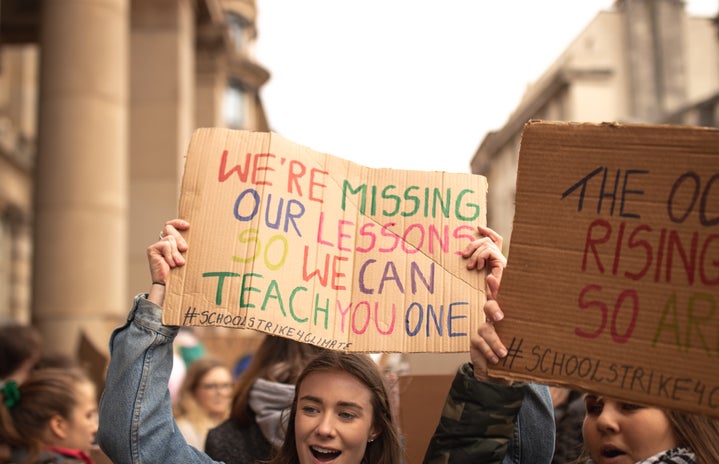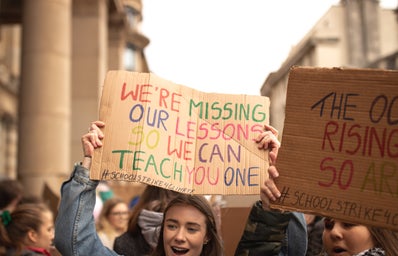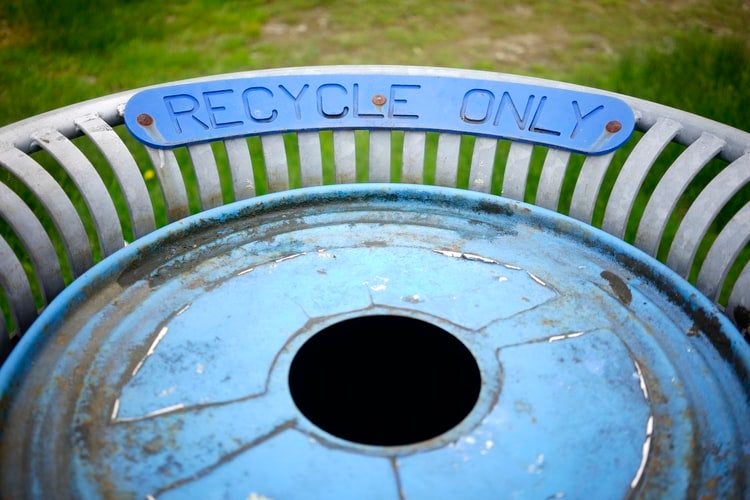From buying groceries to purchases in retail, the impact of which goods we choose to buy has far-reaching consequences. Recently, environmental guilt has become a popular topic among consumers. It is the feeling of guilt and shame that many consumers feel when they make decisions that have a negative impact on the environment. Because every single choice we make as a consumer in buying goods harms or helps the environment, this guilt can pervade almost every purchase a consumer makes.
However, because of the way production and supply-chain economics work, it is nearly impossible for consumers to buy all of their products from 100% eco-friendly sources. While it may be possible to increase how many eco-friendly companies you buy from, this often comes at the expense of higher costs and traveling greater distances. Not everyone can make this sacrifice, and those who live in food deserts or are financially disadvantaged may find it especially difficult to do so.
Instead of letting a guilty conscience consume us, we should take the opportunity to turn this distress into awareness of how rather helpless we as consumers are in impacting the environment. While we do our best to protect the environment, it is important to realize that the true burden to change lies on large corporations.
A lot of recent activism has been on individual choices, which is important to consider but can be misleading in how much personal responsibility each consumer carries. Regardless of social media campaigns and other forms of activism, if companies don’t do anything about the excess amounts of pollution they put into the atmosphere, then we as individuals will be powerless in our fight to save the Earth.
One example of individual actions having a limited impact is the switch from plastic to paper and metal straws. A lot of brands began producing metal straws, and restaurants served drinks with paper straws in an attempt to seem progressive. While the transition away from plastic straws is obviously great for our ocean ecosystems, the real impact this switch has on the environment was rather overblown. Less than 1 percent of plastic ocean pollution comes from straws, and the majority of plastic pollution comes from the tons of single-use plastics that companies use in their production.
Additionally, the action around this issue seemed largely performative, as if carrying a metal straw meant you had checked the box of leading an eco-friendly life. While such shifts are meaningful in the amount of awareness they create surrounding the crisis, a step from large corporations in acknowledgment of these individual choices would have been a well-received and much-needed move. Unless big companies make significant shifts to their business model, it is unlikely that these smaller-scale shifts will hold their traction.
This is not to say that the daily choices we make are not effective—a collection of hundreds of thousands of people together making eco-friendly choices will guarantee at least some improvement for the environment. We just need a shift in the recent rhetoric that takes a majority of the burden away from consumers and places it on the corporations and politicians who often collude to maintain their own harmful interests.



